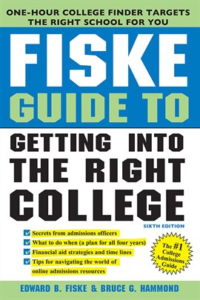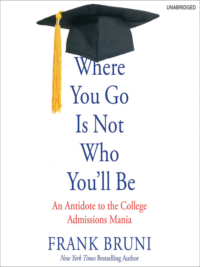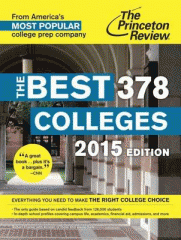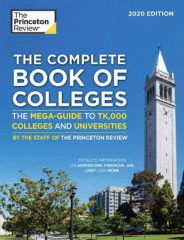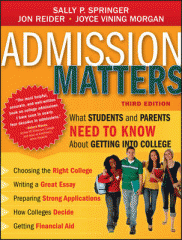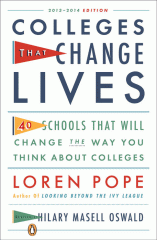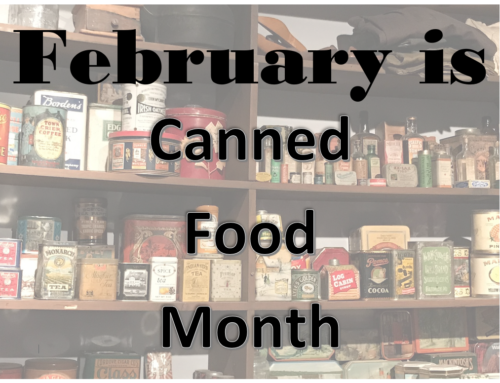With a few thousand colleges and universities in the United States to choose from, deciding which one to attend can be a daunting task. Taking time to research colleges is an important step in the college process. A little self-reflection to explore who you are and what you want will help determine which colleges will meet your needs and help you thrive.
Allow sufficient time for researching colleges. For traditional students, it is recommended to begin by junior year of high school; however, it is never too early or ever too late to plan for college, and there are many pathways to a college degree.
Finding Your Way
An excellent resource for researching colleges is BigFuture, College Board’s free college planning tool, where you can search for colleges by major, location, and more. An added benefit to building a college list with BigFuture is the eligibility for high school students to earn scholarships for completing each step in the college process. For full details, visit College Board Opportunity Scholarships.
To access BigFuture, go to CCPL’s website and click on “Events” to get to the Beyond High School page. Click on the link for bigfuture to start building your college list. Check out BigFuture’s 5 Things You Need to Know About College Admission for helpful tips to get you started.
Your college search will be as unique as you are, but there are common issues to consider for a thorough analysis. Four topics to examine when comparing colleges include academics, campus culture, affordability, and campus resources.
Academics
If you have determined your career aspirations, academics will be a good place to start. To begin whittling down the list of colleges, eliminate any colleges that do not offer a program in your chosen field of study. If you have not yet determined your career interests, you will not need to declare a major until junior year of college. For career guidance, you may find the Career Exploration: Finding a Career That Fits blog post on CCPL’s Blog worthwhile. It includes resources such as a Career Interest Assessment, a Skills Matcher, and an Interest Profiler for gathering information about career options.
There are other things to think about when evaluating colleges’ academics. Consider your learning style. Do you prefer lectures or discussions? Research and analysis? Experiential learning? What will it take for you to feel challenged and engaged? Would you like access to internships and study abroad opportunities? What types of study supports are you looking for? Be sure to look at course and program descriptions on colleges’ websites. When visiting campuses, ask current students about their professors and be sure to sit in on classes. Try to gauge what it would be like to be a student on each campus.
Since most colleges use your high school record, GPA, and test scores to assess your application, you will want to see how you measure up. Go to CCPL’s Beyond High School page and click on the link for bigfuture. Enter the name of a college and choose its link, then click on “Applying” to see the average numbers of the most recent incoming class. This will give you an idea of how you compare academically; however, colleges look beyond these numbers when making admissions decisions. For the most accurate and detailed admissions information, go directly to colleges’ websites and look for information under Prospective Students or Undergraduate Students or another similar title.
Campus Culture
There is so much to see and do on a college campus, from athletics to music to politics. And every college campus has its own vibe—a feeling you get when walking around campus. That atmosphere is influenced by the college’s size, geographic location, housing options, and student body.
To learn more about a college’s residential or social features, go to CCPL’s Beyond High School page, click on the link for bigfuture. Enter the name of a college and choose its link, then click on “Campus Life” for general information about students, housing, and activities. It is best to go directly to the college’s website for the most accurate and detailed information on campus activities and offerings.
The ideal way to experience a college’s culture is to visit its campus when students are present. Sit in on a class, read the school newspaper, check out the recreational facilities, the dorms, and the dining hall. Attend a cultural or athletic event. Take time to talk with current students about campus interests. You should be able to tell if you would feel comfortable there. If not, keep searching. With so many options to choose from, you will find another college to better meet your needs.
Affordability
Because college has become so expensive, cost is a big concern for students and families. Early in the college process, students and parents should have a realistic conversation about paying for college.
While it is important to avoid unreasonable debt, a high sticker price should not eliminate an otherwise suitable college from consideration. Many colleges offer generous financial aid packages which may bring the price down significantly. A college’s out of pocket cost can only be determined after receiving a college’s financial aid award letter which will include information about grants, scholarships, and loans. Students must submit FAFSA (Free Application for Federal Student Aid) to receive a financial aid award letter. FAFSA opens annually on October 1 for the following academic year.
Campus Resources
Colleges provide numerous campus support services for students. Examples include health and counseling centers, religious centers, and residential and commuter services. Academic services include study supports such as accommodations for students with disabilities, professor office hours, tutoring and writing centers, and academic and transfer advising. Other essential services include information technology support, the financial aid office, and career services for career support and placement in the professional world. Establish which services you consider essential and confirm a school can meet those needs before adding it to your college list.
Comparing Colleges
If the purpose of college is to prepare yourself for a rewarding and satisfying career and personal life, you want to be sure your college will help you achieve those goals. After researching colleges carefully and building a college list in which you are confident, use your list to set up college visits. With firsthand knowledge from your visits, you will be able to compare colleges and narrow it down to those that meet your academic, social, financial, and career objectives.
Do not be surprised to find several colleges on your refined list. There is no one perfect school, and you can be successful at many colleges. What you achieve once you have arrived on campus will be a result of the effort you exert and the opportunities you seize.
For Further Reading
The library has many sources to guide you in the college selection process.
For digital resources, visit the Charles County Public Library website and search under “Read, Watch, & Listen” to find our digital content on Hoopla and OverDrive.
Hoopla allows library patrons to check out ebooks, audiobooks, and films with no wait list. Check out Fiske Guide to Getting Into the Right College, 6th Edition by Edward B. Fiske & Bruce G. Hammond on Hoopla.
You will find Where You Go Is Not Who You’ll Be by Frank Bruni on Overdrive, which offers eBooks in the Adobe Reader format and audiobooks.
The following titles are available for circulation from our library collection. Visit the Charles County Public Library website and search under “Read, Watch, & Listen” to “Search the Catalog” and place holds.
The College Board Book of Majors by College Entrance Examination Board
The Best Colleges by Robert Fanek, The Princeton Review
Princeton Review’s The Complete Book of Colleges
Admission Matters? What Students and Parents Need to Know About Getting into College by Sally P. Springer
Colleges That Change Lives by Loren Pope

